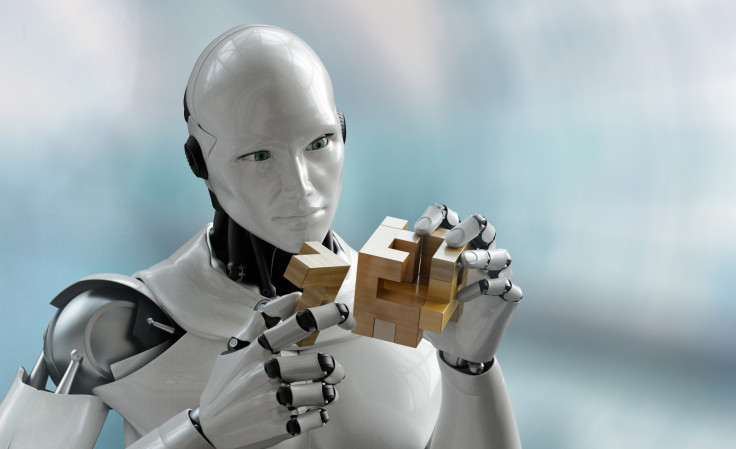End of Captcha? This AI can crack powerful human-verification tool
The Recursive Cortical Network (RCN) was built to specifically crack Captchas and works by reading text like a human brain does.

The Completely Automated Public Turing test to tell Computers and Humans Apart, or Captcha, is a well-known filter used by sites to keep bots out, and was known to be a fail-safe program that was both simple as well as almost unbeatable. However, a San Francisco-based tech firm, Vicarious, has now created an AI that can crack it easily.
Called the Recursive Cortical Network (RCN), the AI makes use of a method that, according to a report in IEEE Spectrum, replicates the way human eyes and the brain work.
The main function of Captcha is to verify if a user or a visitor on a site is human or not. It does this by making the user go through a simple visual or audio test. Distorted letters or images will be presented and the user will have to read and recognise it. This is something that comes naturally to humans, but not to machines, especially bots.
However, RCN reportedly mimics the way the brain works by making use of artificial neurons that are fed data which then work together to solve problems, identify text and recognise speech.
When presented with a problem, these neural networks can even alter the connections within themselves, changing the way they interact, in an attempt to solve the problem. They then learn the right path and pattern that is required to compute the best solution.
The report mentions that a Captcha is considered to be broken if it can be cracked at least one percent of the time by an algorithm. Vicarious' RCN is able to crack reCaptchas – the advanced version of Captcha – with an accuracy rate exceeding 66 percent, notes the report. Other Captchas that it can beat are BotDetect, with a 64.4 percent success rate, PayPal at 57.1 percent and Yahoo at 57.4 percent.
The cracking of Captcha and reCaptcha is seen as a sign where there might be a need for an even more robust procedure for human verification, says the report.
This could also be seen as AI succeeding in one version of the Turing test, which was developed by renowned scientist Alan Turing in 1950. According to this test, a machine can be considered "intelligent" when it exhibits behaviour "equivalent to, or indistinguishable from" that of a human.
While there are a few AIs that can solve Captchas, they needed to be trained on millions of images and text combinations. RCN, on the other hand, requires 300 times less training data, says the report.
"Our system has the ability to learn using relatively few examples, much like the human brain," says study lead author Dileep George, co-founder of Vicarious. "Text-based Captchas are becoming obsolete," he adds.





















